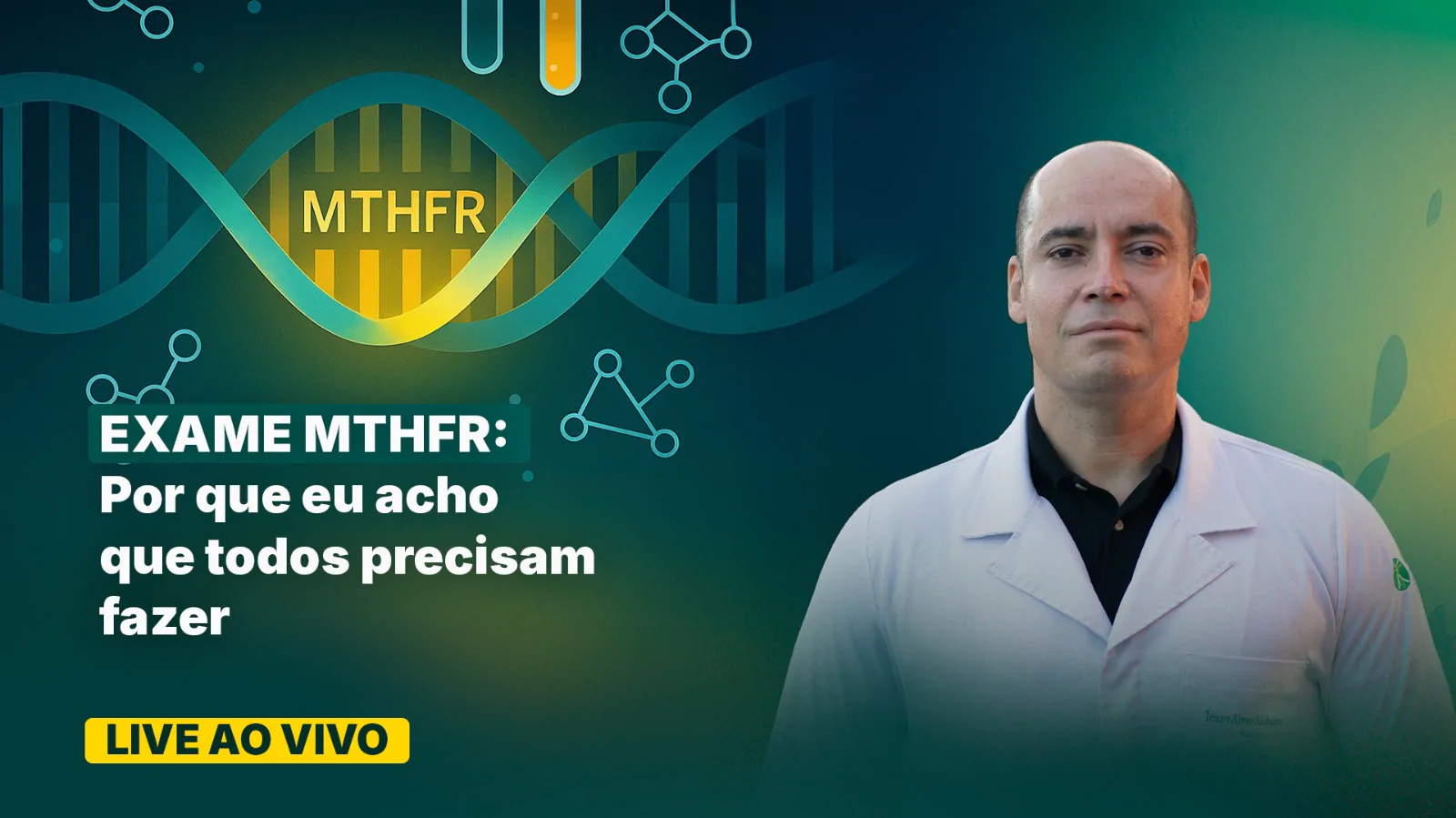COMPLEMENTARY EXAMS - What's important to consider
This basic script was the one I recently used to teach a class on the subject in Clinical Analysis for the Medicine course at UNICEPLAC (formerly FLACIPLAC). I hope it helps everyone in some way!
Without a basic knowledge of anatomy, physiology, biochemistry/biophysics and pathology, they are of little use and can even lead to inappropriate behavior;
Tests are like photos of patients at the time they were taken, meaning that “old” tests no longer reflect the individual today;
Always correlate the tests requested with the patient's clinical history (their signs, symptoms and pathologies);
✅ “The clinic is sovereign”.
As Paul Ling Tai would say, the examination is a piece of paper about the patient and not the patient to be treated! If complete and “in-depth” examinations contradict a very strong clinical suspicion, the ideal is to treat on that basis;
Don't ask for what you don't know how to interpret - the results can be confusing;
Bad lifestyle habits can lead to various alterations in the tests, which is often why medication is not necessary;
✅ “Orthomolecular” parameters are different (less “nice”).
In my daily practice, I generally use the “Rule of thumb above 50%” between the conventional values reported;
Guide your patient to choose good laboratories for their tests: after all, how reliable are tests done “anywhere”?
✅ When in doubt, it's better to sin by excess than by lack;
Check that what is being requested is the most appropriate to assess what you want to investigate.
For example, in a general examination, Magnesium is important even inside the cell: its high or normal dosage in the blood is not very informative; GH varies a lot during the day and so it is sometimes better to dose one of its more stable metabolites, such as IGF-1;
Sometimes several tests are needed to assess a particular parameter:
Iron is best assessed by its dosage, complete blood count, ferritin, transferrin and iron fixation capacity; the liver is best assessed by TGO, TGP, gamma-GT, complete coagulogram and lipidogram.
Hormones act throughout the body and “on each other”, so when they are the focus, the ideal assessment is more complete.
For example, when a case doesn't progress, it may be a good idea to “recall” the thyroid and adrenals.
Cheers!
Ícaro Alves Alcântara





















